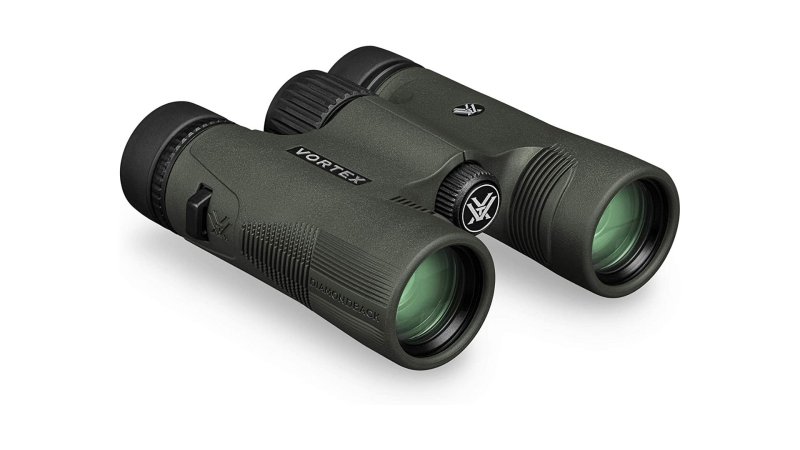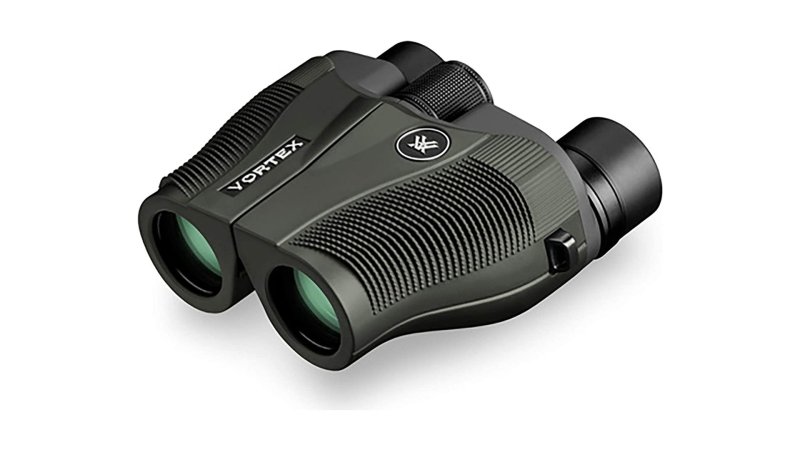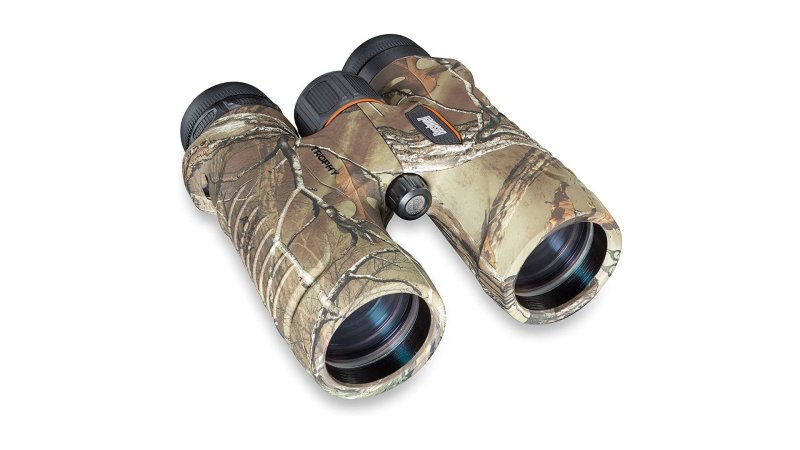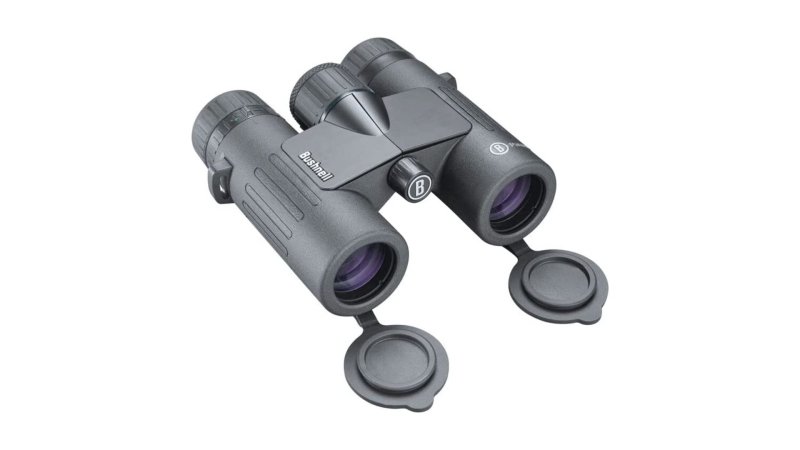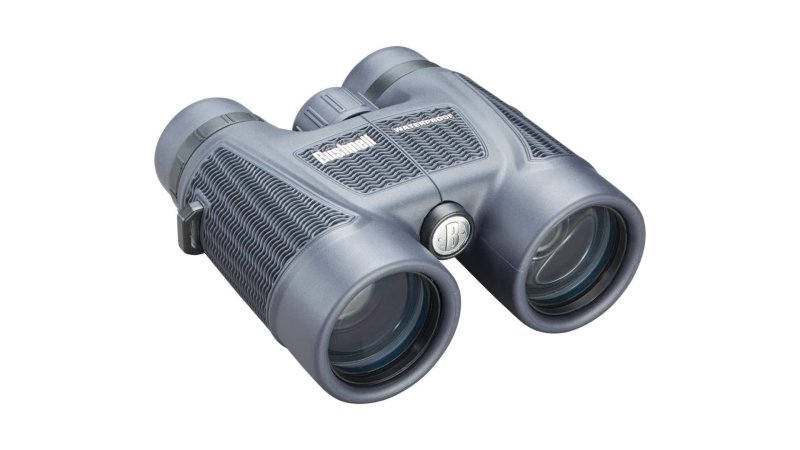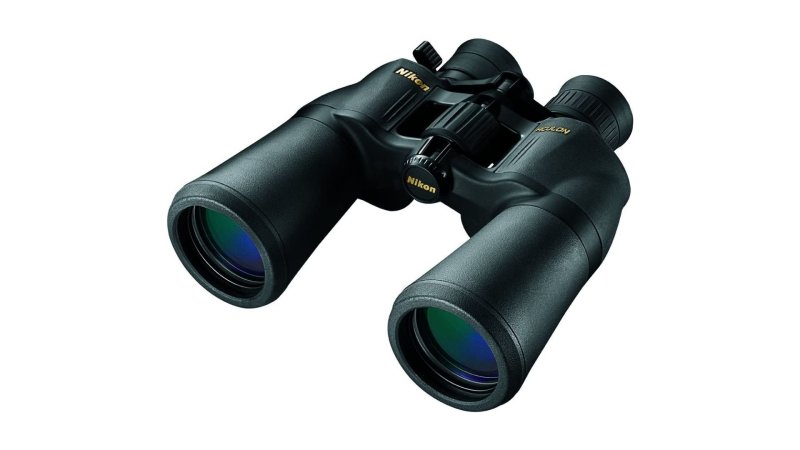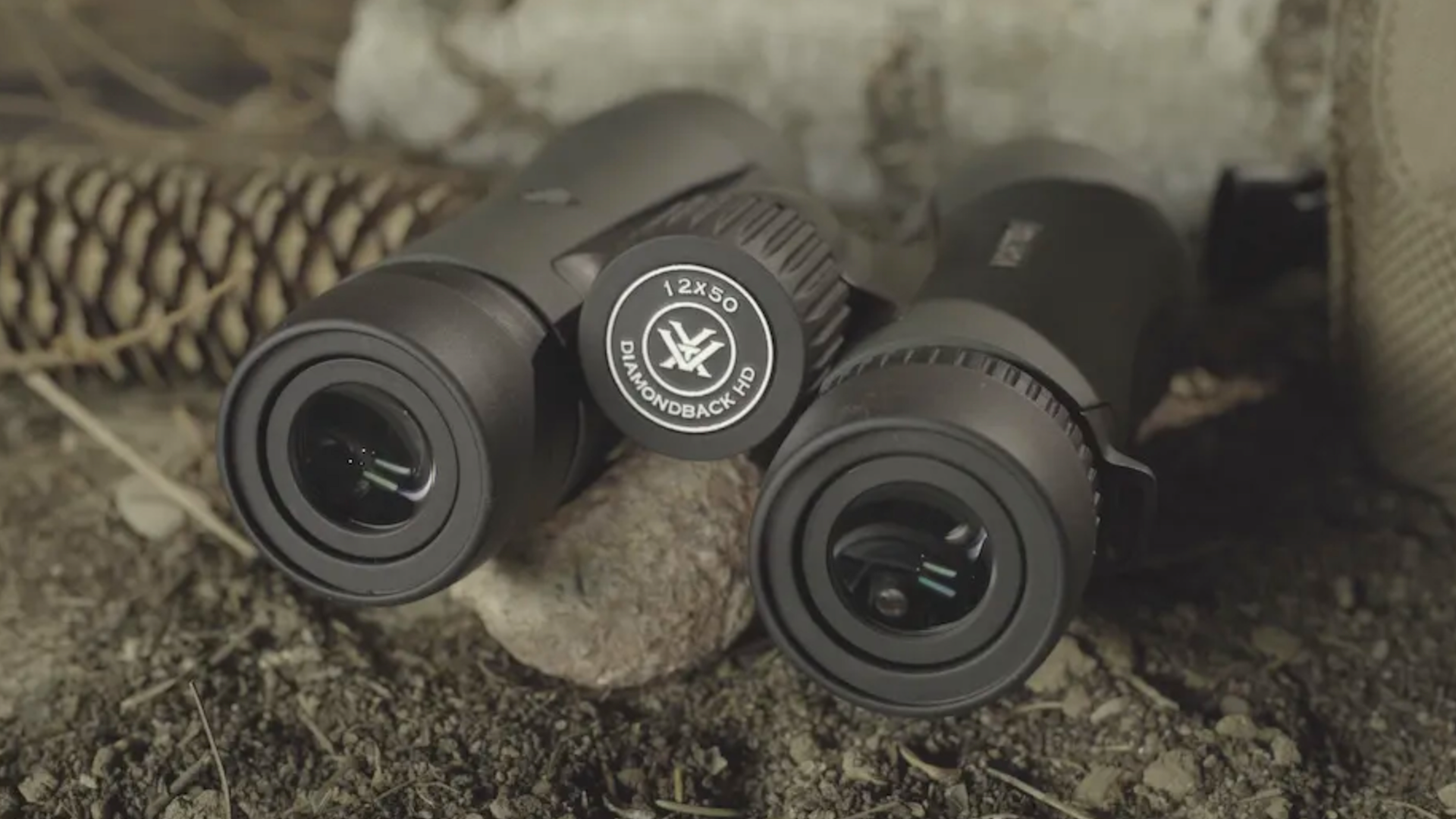

We may earn revenue from the products available on this page and participate in affiliate programs.
If you’re looking for a pair of binoculars for under $200, we can make a few assumptions. You probably aren’t calling for fire or hunting big game out West. You want good binoculars, but don’t have a desire to chase down the world’s most premium lenses from the likes of Swarovski and Zeiss. No, you’re probably setting up a go-bag, stashing a pair in your truck, or, if you’re in the military, using your own money to make life in the field a little easier. Those are all good things, and you’re in luck because you have options.
Just because you don’t want to spend a lot doesn’t mean you have to settle for substandard gear. To that end, we did some digging and found several high-quality binoculars within your budget. You can save money and still get features like coated lenses, rubberized tubes, diopter eyepieces, and big-time magnification. With occasional sales, the best binoculars under $200 are even better deals than usual.
- Best Overall: Vortex Diamondback HD 10×28
- Best Budget: Vortex Vanquish 10×26
- Best for Hunting: Bushnell Trophy 10×42
- Best Compact: Bushnell Prime 10×28
- Best Waterproof: Bushnell H2O 10×42
- Best for Long Distance: Nikon Aculon 10-22×50
Best Overall
Vortex Diamondback HD 10×28
Pros
- Compact and lightweight enough to carry all day
- Built to withstand impacts, water, and fogging
- Can be mounted on a tripod or window
Cons
- Larger objective lenses will be better in low light
- Any other magnification and size will break the $200 budget
Product Specs
Why It Made The Cut
Best Budget
Vortex Vanquish 10×26
Pros
- Surprisingly good clarity for the price
- Grippy rubber protects the aluminum body
- Light and compact, especially for Porro prism binoculars
Cons
- Little objective lenses are best for midday hours
- Not quite as rugged as our other picks
Product Specs
Why It Made The Cut
Best for Hunting
Bushnell Trophy 10×42
Pros
- Genuinely good Realtree camouflage
- O-ring sealed to keep out water and fog
- Anti-reflective-coated glass maintains a clear, bright image
Cons
- Double the weight of comparable binoculars
- Solid low-light performance, but some hunters might push its limits
Product Specs
Why It Made The Cut
Best Compact
Bushnell Prime 10×28
Pros
- Oversized, easy-to-use focus and diopter rings
- Rated at IPX7 waterproof
- Fully multi-coated lenses improve clarity
Cons
- Best used around town or as a backup pair
- Limited visibility in low light
Product Specs
Why It Made The Cut
Best Waterproof
Bushnell H2O 10×42
Pros
- Sealed with O-rings and purged with nitrogen for IPX7 waterproofing
- Thick, soft rubberized exterior
- Oversized controls are easy to use with gloves
Cons
- Fairly heavy for this size
- Image quality could be better
Product Specs
Why It Made The Cut
Best for Long Distance
Nikon Aculon 10-22×50
Pros
- Powerful and versatile zoom magnification
- Big, bright, 50-millimeter objective lenses
- Fantastic value for binoculars under $200
Cons
- Minimum focus of 49 feet limits close-range utility
- Much larger and heavier than our other picks
Product Specs
Why It Made The Cut
Things to consider before buying binoculars under $200
Before you get carried away, there are a few binocular basics you should familiarize yourself with. These are the nuts and bolts of how binoculars work, and they’ll guide you to a pair that will work for you.
Magnification
First and foremost, ask yourself what you’ll be looking for in the field and how far away you expect it to be. Small and distant targets call for big-time magnification, while large and close targets will be easier to spot with low magnification and a wide field of view. More power isn’t necessarily better because it constrains your field of view and can be difficult to use freehand. Everything on this list uses 22-power magnification or less, so you won’t need a tripod (although something to brace against might be beneficial at times).
Objective lens diameter
The objective lenses on a set of binoculars are the glass furthest from your eyes. This is where light enters the tube, so (assuming lens quality is constant) larger lenses will create a brighter and more usable image. This becomes increasingly important as you add magnification or reduce available light. If all your glassing is done midday, a compact set of binoculars with skinny, little 25-millimeter objective lenses might be just fine. If you’re looking for game animals or enemy activity around sunrise or sunset, bigger lenses are your friend.
Prism type
This is a gross generalization, but there are really only two kinds of prisms you need to know about to choose a pair of binoculars: Porro prisms and roof prisms. Porro prisms are the OG of modern binoculars and you can spot them by the offset orientation of the objective lens and eyepiece. They’re great at creating a high-quality image in terms of depth perception, clarity, and field of view, but are inherently bulky and somewhat fragile. Roof prisms tend to be more expensive and sacrifice a little bit of image quality in the name of durability, lightness, and magnification power. Most of the best compact binoculars use roof prisms.
A lot of bird watchers prefer Porro prisms for optimal detail and realistic colors but, if waterproofing and portability are important to you, roof prisms are a safer bet.
FAQs about binoculars under $200
Q: What do the numbers mean in binoculars, for example, 10×50?
A: The first number indicates magnification; in this case, 10-power. If there are two numbers separated by a dash, the binoculars have zoom capability and you’re seeing the minimum and maximum settings. The number after the “X” is the diameter of the objective lens in millimeters.
Q: What is eye relief?
A: Basically, eye relief is how far your pupils should be from the eyepiece lens for an optimal picture.
Q: Do I want a rubber coating on binoculars?
A: A rubberized exterior isn’t necessary, but it does add some protection against impacts, so it’s certainly nice to have. Many of the best binoculars for hunting and military field exercises feature rubberized exteriors.
Q: What are the additional accessories for binoculars?
A: At a minimum, you’ll want a good strap — maybe one with quick-release attachments. If you use your binoculars often when you’re in the field, a chest-mounted binocular pack will pay itself off in a hurry.
Q: Are Swarovski binoculars good?
A: Yes, they’re excellent, but Swarovski binoculars typically have a comma in the price, and that’s a no-go as far as today’s buying guide is concerned.
Final thoughts
Any of these picks are good binoculars that can keep some money in your pocket, but the Vortex Diamondback HD 10×28 has enough of an edge to earn the top spot. These binoculars are the most affordable option in a line of products that are otherwise beyond the $200 budget. That means you can take a step up in terms of materials and build quality without spending more than you’re comfortable with.
Methodology
Spending a lot of money makes things easier in some ways. If you have $1,000 to burn on a set of high-end binoculars, it’s pretty hard to come home with something bad. Anytime you set a hard budget for yourself at the lower end of the price range, you’ll have to be extra discerning because there are plenty of shady manufacturers who are more than happy to sell you disposable garbage dusted in the allure of saving money.
For this buying guide, I started by narrowing my search to a few brands I know to produce quality products at an accessible price: Bushnell, Celestron, Nikon, and Vortex. Some of these companies also produce premium optics, as well.
Next, I considered how you’ll likely be using your binoculars. They probably aren’t going to sit on the windowsill waiting for a rare sparrow to appear; no, they’re going to get dragged through the mud and snow on field exercises or hunting trips. Durability is key, so I looked for binoculars that have some degree of waterproofing and impact protection.
Finally, I chose a mix of binoculars in terms of magnification and size. The result is a short list of products that offer something for everyone. Can you get a good set of binoculars under $200? Absolutely.
